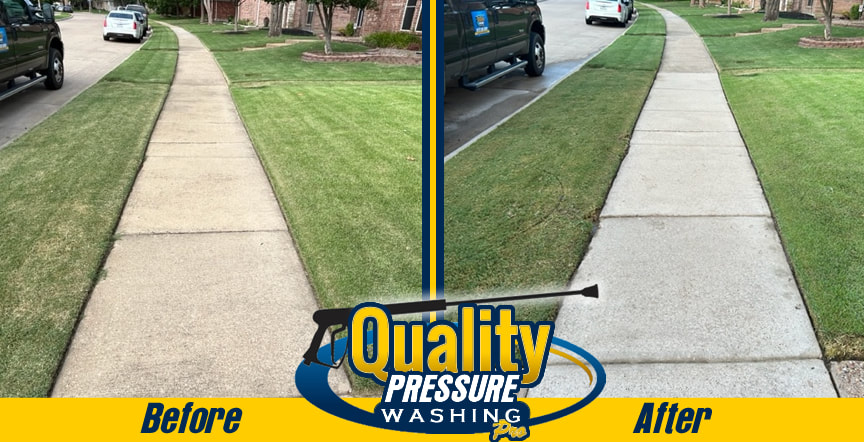Power Washing Mistakes: Things to Avoid in Your Business
As far as maintaining the appearance and durability of commercial properties, high-pressure washing is an crucial service that cannot be overlooked. However, although this method is extremely efficient, many businesses make serious mistakes that can lead to expensive issues. Understanding the common pitfalls in business pressure washing can help you handle this key service without compromising your standing or your financial bottom line.
From wrong practices to overlooking necessary safety measures, the obstacles can be substantial. Whether you are a seasoned professional in the pressure washing industry or a business owner looking to contract external services, being cognizant of these pitfalls is essential. This article will explore the key mistakes to avoid, ensuring your pressure washing efforts yield the best results and maintain the standard your clients require.
Frequent Mistakes in Professional Pressure Washing
One of the most typical errors in professional pressure washing is overlooking the power of the equipment used. Many novice operators might be tempted to use the maximum pressure setting without considering the material being cleaned. This can lead to damage, such as marking surfaces or causing cracks in cement. It's vital to pair the pressure washer's power with the type to ensure proper cleaning to prevent causing issues.
Another common oversight is overlooking to perform a thorough site inspection before starting a job. Skipping this step can result in overlooked areas or poor preparation for unique cleaning issues. For instance, stains from oil require different techniques in contrast to general dirt. By failing to assess the site correctly, operators may end up using ineffective methods that could eventually lead to client displeasure and additional costs for corrective measures.
In conclusion, neglecting safety protocols is a significant mistake that can have serious consequences. Pressure washing can be risky, and without proper safety gear and measures, workers are exposed to injury. It's important to ensure that all team members are trained on safety procedures, including the use of PPE and safe handling of tools. Prioritizing safety not only does it protect workers but also upholds the standing of the business in the intensely competitive field of industrial pressure washing.
Essential Safety Measures
When engaging in professional pressure washing, ensuring the security of your team and surrounding environment is important. Start by analyzing the work site and recognizing any potential hazards such as electrical lines, slippery surfaces, or surrounding pedestrians. Use suitable signage and barriers to warn others of the ongoing work, to help prevent accidents and injury.
Individual protective equipment (PPE) is necessary for all on the job. This includes safety goggles to protect your eyes from debris, gloves to shield your hands from chemicals, and sturdy footwear to prevent slips. Additionally, consider wearing hearing protection, as pressure washers can be loud enough to cause long-term hearing damage with prolonged exposure.

Finally, it is vital to be familiar with the equipment you are using. Read and adhere to the manufacturer's guidelines for safe operation and maintenance. Ensure that all staff members are trained on how to operate the pressure washer safely, including managing high-pressure hoses and avoiding kickback. Regularly check equipment to identify wear and tear, preventing equipment failure during a job.
Selecting the Right Equipment
In the realm of commercial pressure washing , picking the right equipment is crucial for obtaining optimal results. First, consider the type of surfaces you will be cleaning. Various surfaces, such as concrete, lumber, or vinyl, require particular pressure levels and nozzles to minimize damage. For instance, powerful washers are effective on sturdy surfaces but can harm softer materials. Knowing the needs of your clients will direct you in picking the right equipment for different applications.
A further important factor is the pressure washer's fuel type. Gas-powered models tend to be stronger and portable, making them appropriate for extensive projects or areas without easy access to electricity. On the other hand, electric pressure washers are generally quieter and easier to maintain, but they might have restrictions in power. Consider your business's typical job requirements to ascertain which power source fits best with your operational needs.
In conclusion, do not overlook the significance of accessories and attachments. Items like cleaning pads, extension wands, and specialty nozzles can boost the efficiency and effectiveness of your pressure washing tasks. Spending on high-quality accessories can spare you time and improve the quality of your work. By thoughtfully considering your equipment options, you will be well-equipped to deliver top-notch commercial pressure washing services that satisfy your clients' expectations.